Intelligent technology crucial to sustainable healthcare
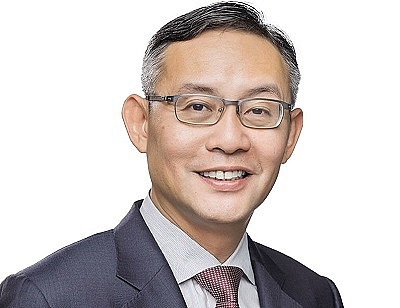 |
| Tommy Leong |
The World Bank reports that East Asia’s population is ageing faster than any other region’s in history, home to 36 per cent of the international 65 and over population with 211 million people. Singapore, Japan, and South Korea are considered as “advanced agers”. Furthermore, the increasing prevalence of chronic diseases adds to the demands on healthcare organisations, which are already constrained by tightening budgets and a lack of resources.
To meet the demands of an ageing population, there is an even greater focus needed on achieving better operational efficiency, while improving patient safety and satisfaction through integrating innovative technology in healthcare infrastructure. Meanwhile, hospitals on average use three times the volume of electricity of a typical large-scale office building, thereby adding to the burden of rising operations and energy costs.
Whether designing a new facility or expanding an existing one, it is important to consider prudent investment in technological healthcare solutions that deliver quality care, patient safety, hospital security, and staff productivity.
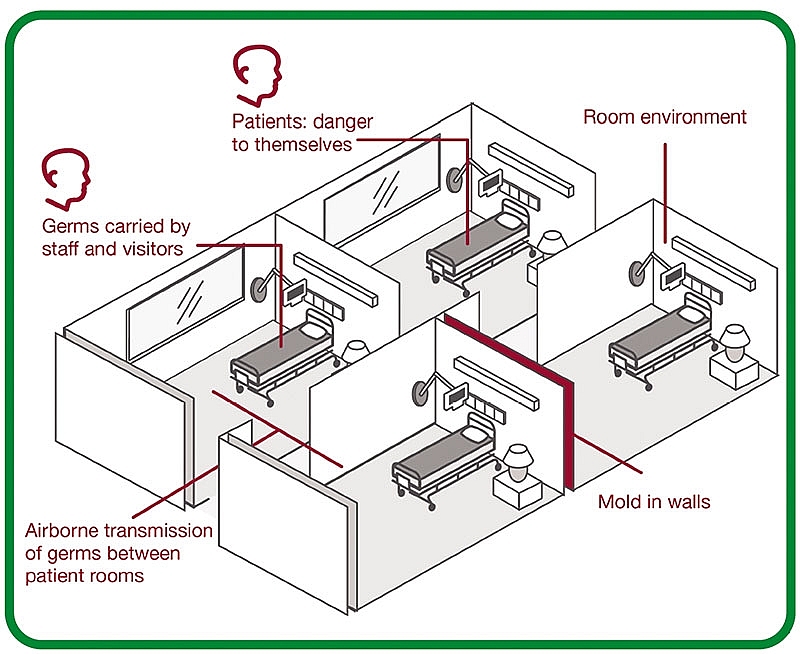 |
| Example sources of adverse patient effects in a hospital |
Create a future-ready hospital
An optimally designed hospital needs to accommodate the use of sophisticated equipment; allow for rapid responses to emergencies; include built-in protection against human errors and mechanical failures; as well as provide safe spaces for patients to heal and the clinical staff to work. The answer to this is a digital healthcare infrastructure called EcoStruxureTM for Healthcare, which uses the latest technology including
embedded connectivity and intelligence; smart control, management, automation, and optimisation; and cloud-based digital services.
The intelligent infrastructure integrates and enables communication between traditionally disparate systems, leading to greater utilisation and return on investment of “connected” infrastructure devices – the Internet of Things (IoT). These IoT-enabled devices provide several benefits including embedded intelligence and control, control and monitoring capabilities via the cloud, as well as advanced analytics with the help of innovative software. Data collected from connected devices is used to drive better decision making and process improvements.
For instance, a clinical environment optimisation solution can share the occupancy status of patient rooms and operating theatres with the building management system, which then sets rooms to predetermined set points for heating, ventilation, air conditioning, and lighting while the room is vacant to achieve energy savings during unoccupied times.
In Singapore, a notable example of how intelligent technology infrastructure is enabling health services to grow and meet patient demand can be seen in Integrated Healthcare Innovation Systems’ (IHIS) adoption of Schneider Electric’s Data Center Infrastructure Management (DCIM) solution. The solution was part of IHIS’ private health cloud, H-Cloud, to provide a disaster-resilient platform for electronic medical records. An independent assessment by PwC suggests that the health cloud will deliver millions of dollars’ worth of savings over the next ten years. Each hospital cluster will reduce its costs by nearly 55 percent, compared to business-as-usual costs, by 2025.
Improve senior patient care and experience
At hospitals, the stakes are high. Uninterrupted access to power or a power outage can mean the difference between life and death, with an average cost of more than $1 million for a 200-bed hospital. In addition, adverse patient events (APEs) and healthcare-associated infections (HAIs) continue to claim lives, with attributed mortality in infected patients in hospitals in Southeast Asian countries at an estimated range of 7 per cent to 46 per cent.
The good news is that proper safeguards can reduce these APEs and HAIs, medical errors, and patient falls. By improving the electrical distribution system’s reliability, hospitals can both improve patient safety and reduce the financial risk of malpractice and wrongful death suits. Automated systems also ensure compliance to regulations and can even produce compliance reports.
Digital innovation transforms elderly healthcare
Patient safety starts at the very foundation – the physical foundation – of hospital facility systems. As people are getting older and experiencing multiple chronic diseases, they require a new paradigm of treatment in hospitals and clinics, as well as at home.
Energy efficiency projects can unlock trapped capital that can improve a hospital’s profit margin or be used to fund technological advancements, purchase medical equipment, or improve the patient experience – vital elements that would deliver significant results in terms of cost savings and patient-centric improvements.
By embracing intelligent infrastructure and applications, East Asian nations will have a solid foundation to transform the future of health and social care for its golden-agers. Schneider Electric
believes that intelligent technology is the answer, and it is a solution that healthcare organisations can successfully achieve today.
By Tommy Leong President of Schneider Electric, East Asia and Japan
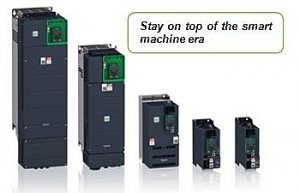 | Schneider Electric debuts innovative Altivar Machine ATV340 variable speed drives Schneider Electric, the global specialist in energy management and automation, has expanded its AltivarTM family of variable speed drives. Designed for optimised installation, the Altivar™ ... |
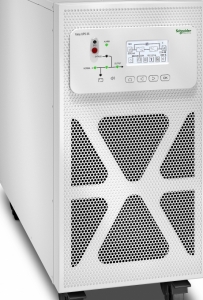 | Schneider Electric’s Easy UPS 3S coming to Vietnam soon Early this year, Schneider Electric, the global specialist in the digital transformation of energy management, automation, and power protection, rolled out a compatible UPS set, ... |
 | Schneider Electric and Hawee enter collaborative technology license deal Schneider Electric, a global specialist in energy management and automation, has signed an agreement with Hawee Production and Trading JSC for the licensed production and ... |
 | Schneider Electric’s CSR programmes promote sustainability Sustainability is crucial in today’s age as the demand for energy efficiency increases, while many people around the world still have no reliable access to ... |
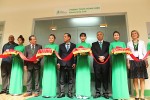 | Schneider Electric Vietnam opens “Green Electrician” Lab Schneider Electric, the global specialist in energy management and automation, with the support of the Schneider Electric Foundation, DEG - a subsidiary of the German ... |
 | Schneider Electric relishes EU-Vietnam FTA challenges The upcoming EU–Vietnam Free Trade Agreement is hoped to bring fresh opportunities to European firms in Vietnam. Xavier Denoly, country president of Schneider Electric Vietnam, ... |
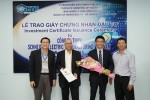 | Schneider Electric Viet Nam to build a $45 million plant in HCMC Schneider Electric Viet Nam would spend US$45 million on a new manufacturing plant in the Saigon Hi-Tech Park in HCM City, reported local media on ... |
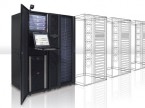 | Schneider Electric launches IT infrastructure offering for SMEs Schneider Electric, a global specialist in energy management has announced InfraStruxure™ for small information technology (IT), the first-ever industry offer enabling small- to medium-sized (SMEs) ... |
What the stars mean:
★ Poor ★ ★ Promising ★★★ Good ★★★★ Very good ★★★★★ Exceptional
 Tag:
Tag:
Related Contents
Latest News
More News
- Efficient technology solutions key factors in energy transition (September 25, 2024 | 09:00)
- Sao Do Group gears towards energy savings (December 07, 2023 | 12:01)
- Vice President Vo Thi Anh Xuan visits Copenhagen Infrastructure Partners headquarters (November 23, 2023 | 10:37)
- A wind turbine tower collapses in China (November 20, 2023 | 19:36)
- Vietnam has massive potential for offshore wind energy (March 17, 2023 | 16:29)
- Rooftop solar event entices EPC contractors and investment funds (March 09, 2023 | 07:50)
- GreenYellow acquires 49.5MWp solar farm of French IPP Qair in Vietnam (November 25, 2022 | 08:00)
- Eaton contributes to Vietnam’s low-carbon economy (November 20, 2022 | 19:00)
- Proposals to promote Vietnam's energy transition (November 12, 2022 | 22:02)
- How intelligent lights make cities smarter, safer and greener (November 04, 2022 | 09:00)






















 Mobile Version
Mobile Version